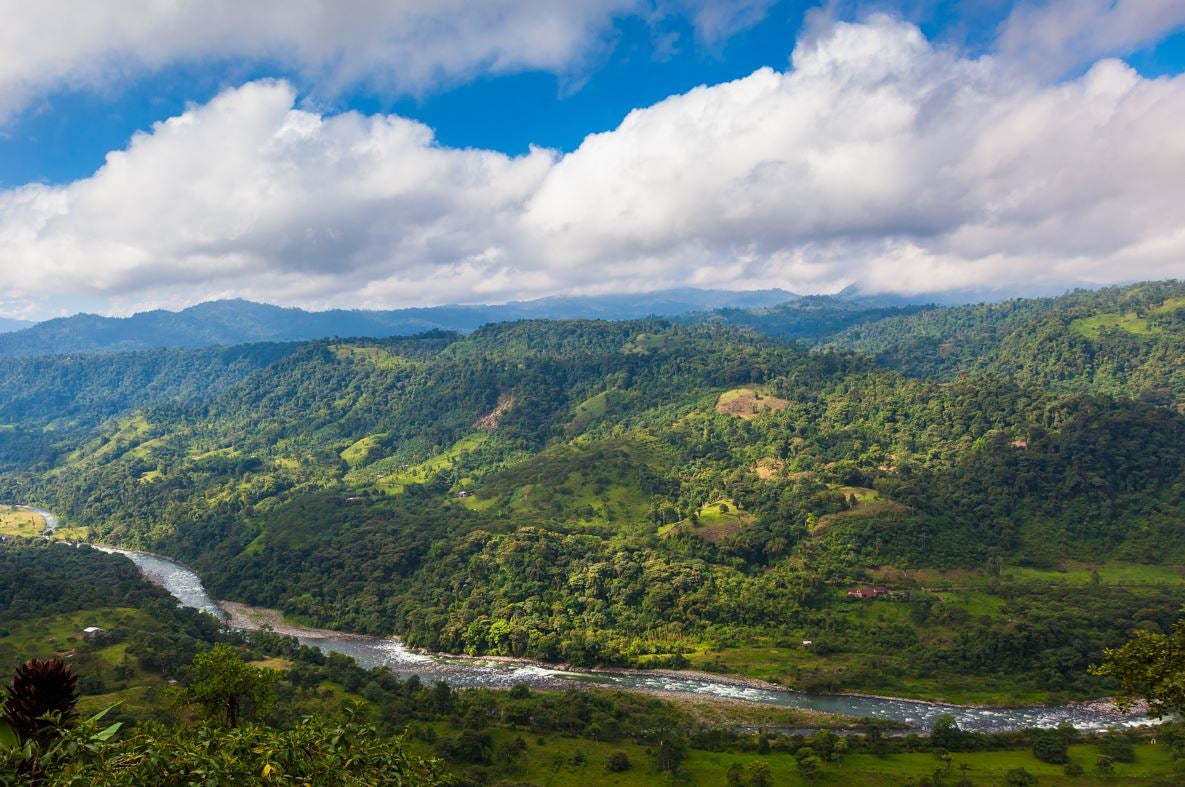
Following two referendums, Ecuador has voted to ban oil drilling in a protected part of the Amazon rainforest, as well as ceasing mineral extraction in a forest outside of the country’s capital, Quito.
The oil referendum took place on a national scale, calling on voters in the country to decide on the continuation or ceasing of oil drilling on ITT Block 43 in the Yasuni nature reserve in the Amazon. Block 43 is Ecuador’s fourth most productive oil block, producing 12% of the country’s oil.
However, environmentalists and local indigenous stakeholders have long criticised the project and attained 750,000 signatures on a petition to end oil drilling at the block.
Ecuador’s state oil and gas company Petroecuador argued that if the referendum vote were to pass, it would cost the country $13.8bn in lost oil revenues over the next 20 years. Despite this, the vote did pass, with 59% of voters supporting the motion to ban drilling at Block 43.
Petroecuador now has a year-to-end production at the block. Alongside lost revenue, the government will also have to pay as much as $15bn in indemnity payments to oil and mining companies that will lose out.
These costs will be levied on the new Ecuadorian Government, the election of which is heading for a run-off. The financial commitments to ending mining and oil extraction at the two vital locations will likely hamstring this government.
Ecuador’s Chamber of Mining head Maria Eulalia Silva stated: “Obviously what happened with Yasuni and in the Choco Andino doesn’t help any oil or mining investment, nor any foreign investment.”
Silva also argued that mining and oil investments add a net positive to combatting wealth inequality: “You cannot protect the environment when you have communities caught in poverty.”
The second of the referendums was localised around Quito, with only Quito voters having the chance to decide on the end of mineral extraction at six gold concessions in the Choco Andino forest. The vote for banning mining at these concessions also passed, with 68% of Quito voters in support.


